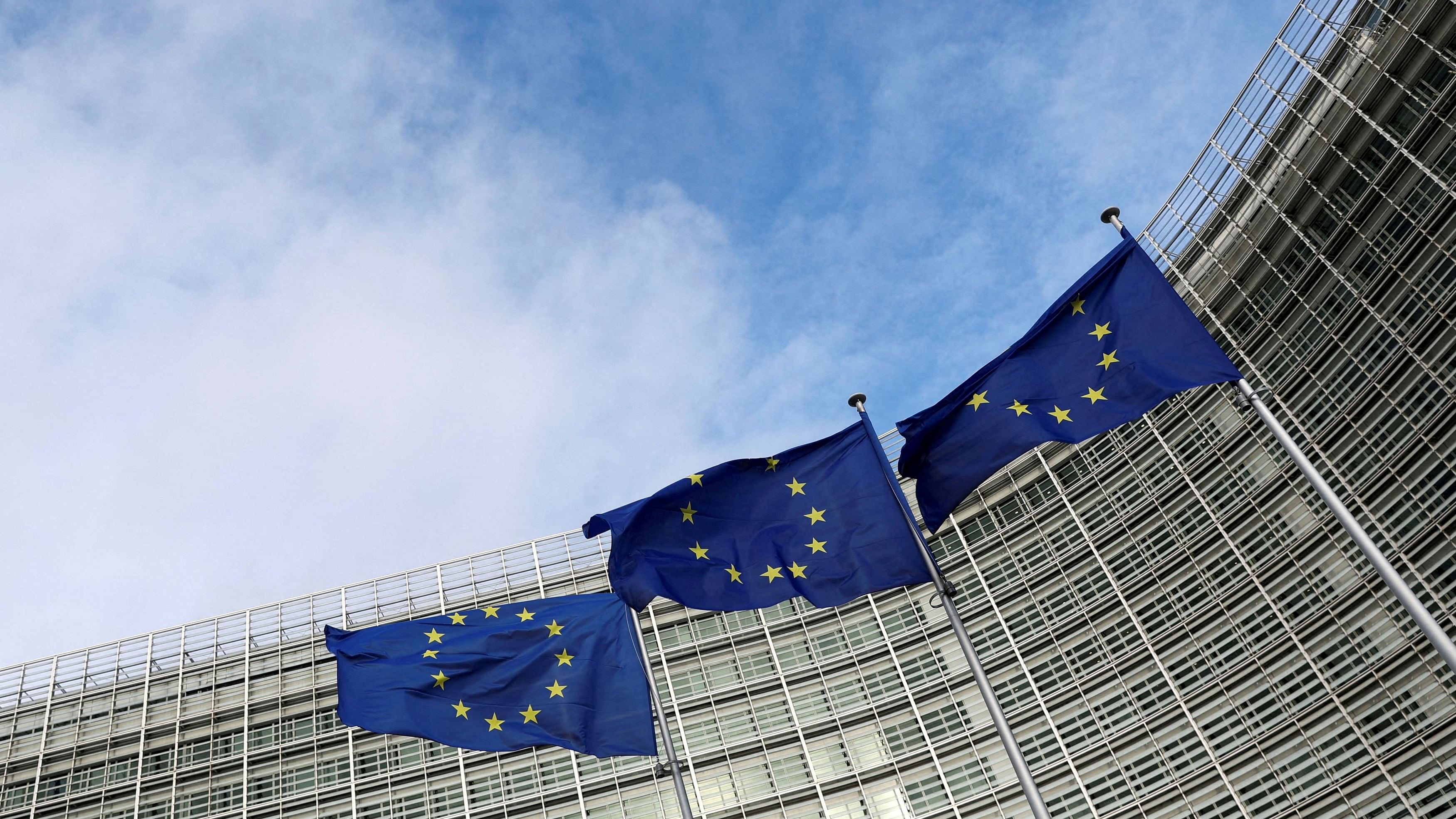
European Union flags
Credit: Reuters
European Union policymakers agreed on Friday to a sweeping new law to regulate artificial intelligence, one of the world’s first comprehensive attempts to limit the use of a rapidly evolving technology that has wide-ranging societal and economic implications.
The law, called the AI Act, sets a new global benchmark for countries seeking to harness the potential benefits of the technology, while trying to protect against its possible risks, including automating jobs, spreading misinformation online and endangering national security. The law still needs to go through a few final steps for approval, but the political agreement means its key outlines have been set.
European policymakers focused on AI’s riskiest uses by companies and governments, including those for law enforcement and the operation of crucial services such as water and energy. Makers of the largest general-purpose AI systems, such as those powering the ChatGPT chatbot, would face new transparency requirements. Chatbots and software that creates manipulated images such as “deepfakes” would have to make clear that what people were seeing was generated by AI, according to EU officials and earlier drafts of the law.
Use of facial recognition software by police and governments would be restricted outside of certain safety and national security exemptions. Companies that violated the regulations could face fines of up to 7% of global sales.
Yet even as the law was hailed as a regulatory breakthrough, questions remained about how effective it would be. Many aspects of the policy were not expected to take effect for 12 to 24 months, a considerable length of time for AI development. And until the last minute of negotiations, policymakers and countries were fighting over its language and how to balance the fostering of innovation with the need to safeguard against possible harm.
The deal reached in Brussels took three days of negotiations, including an initial 22-hour session that began Wednesday afternoon and dragged into Thursday. The final agreement was not immediately public as talks were expected to continue behind the scenes to complete technical details, which could delay final passage. Votes must be held in Parliament and the European Council, which comprises representatives from the 27 countries in the union.